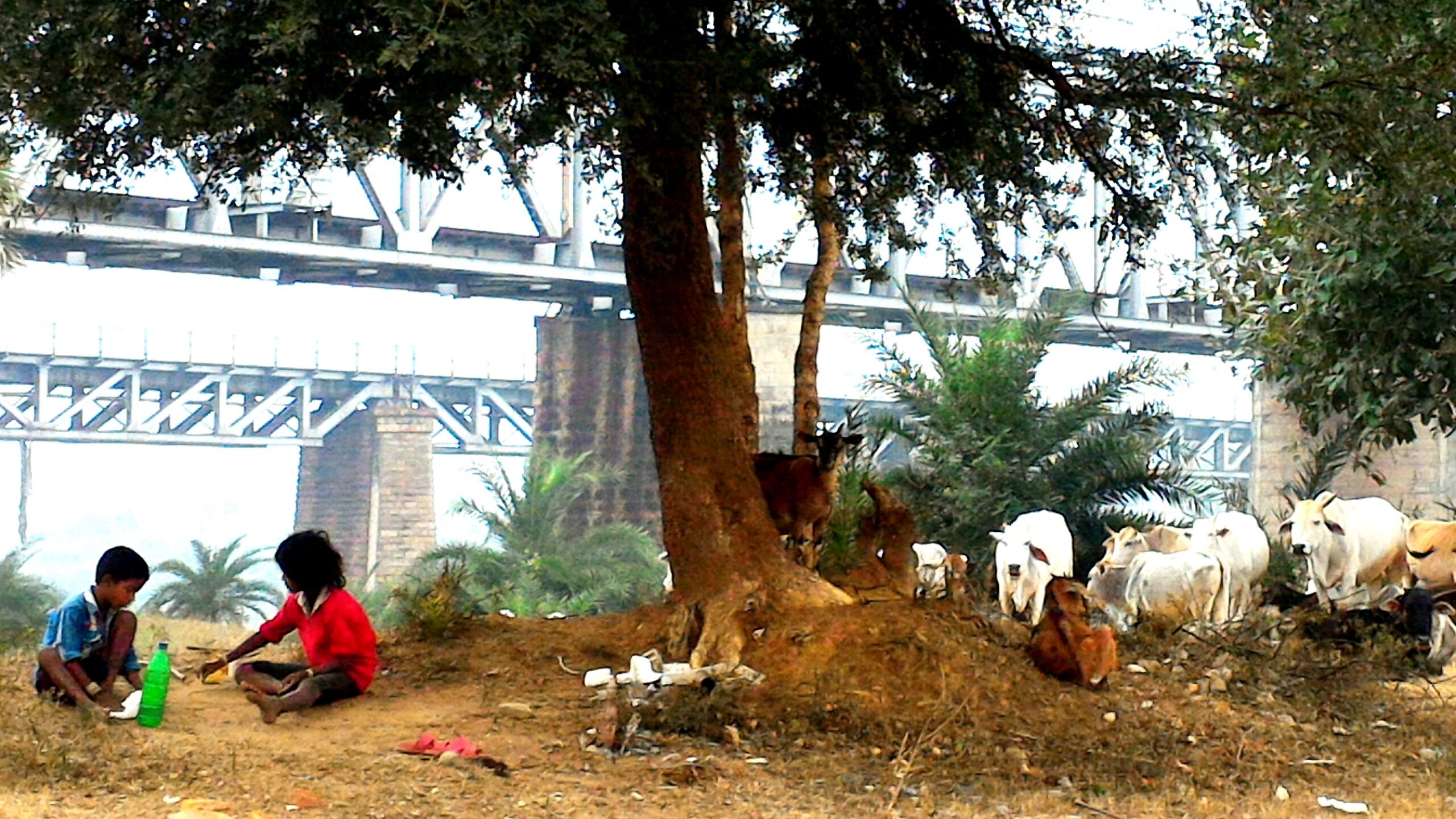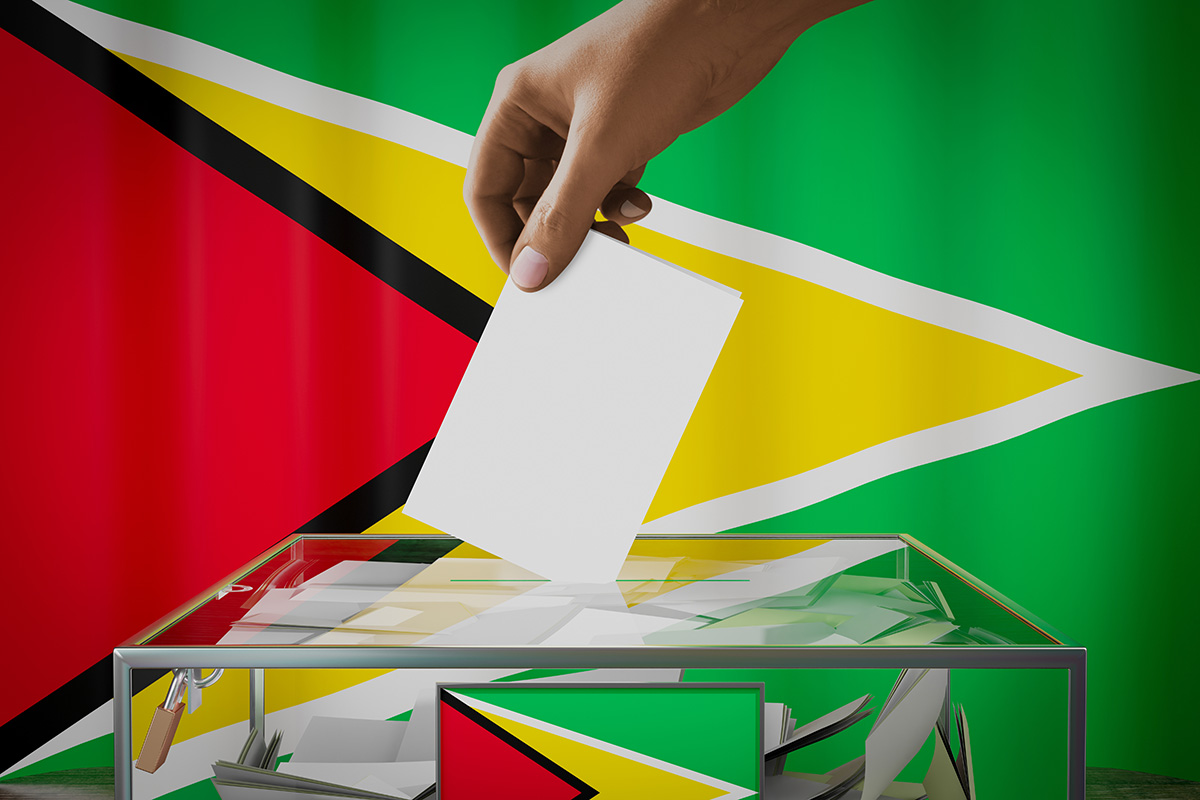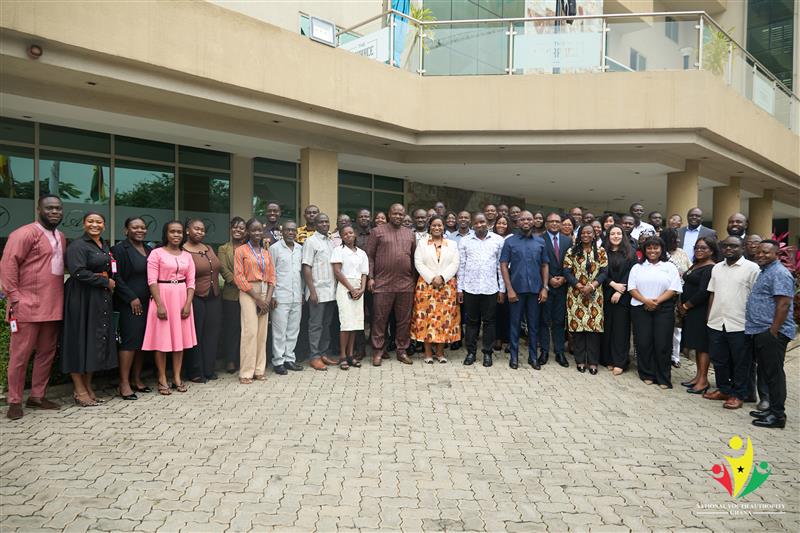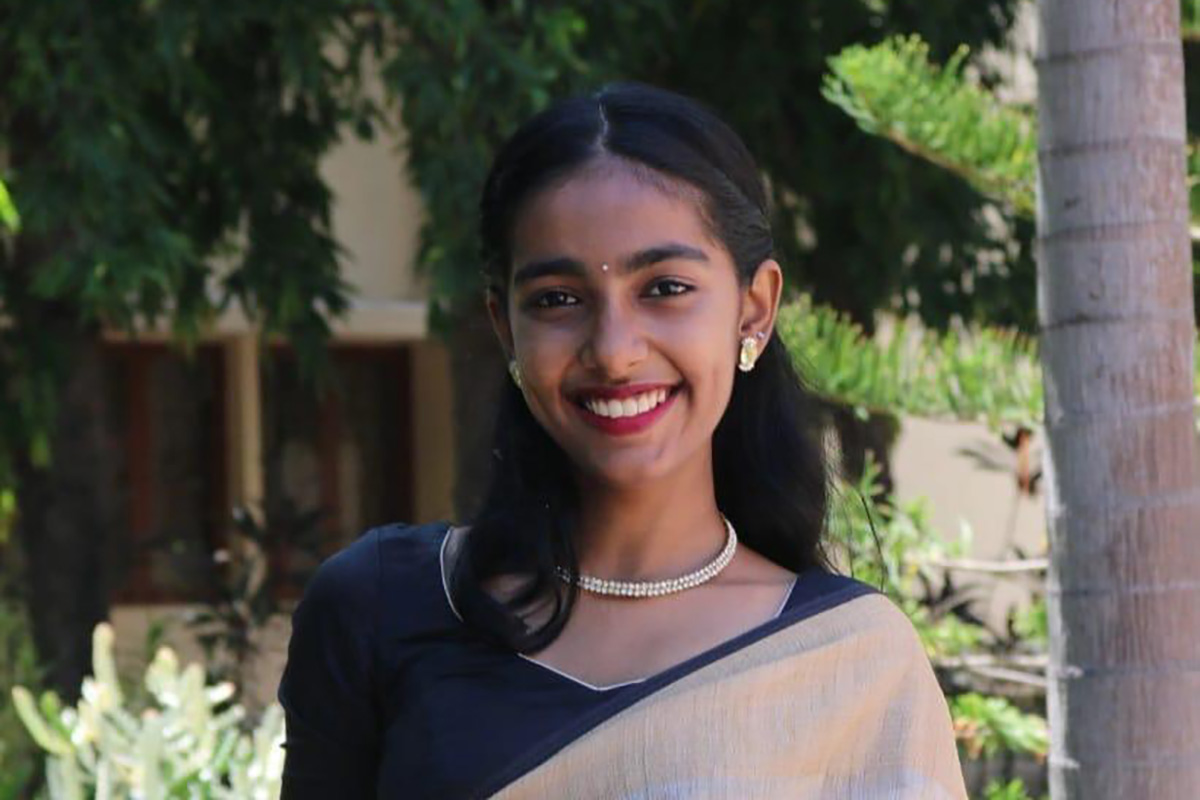“Reflections on reaching development goals”
February 4 The benefits of development have not been equally distributed, especially when it comes to education, writes Abhilash Borah, 21, a Correspondent from Assam, India, who argues for increased monitoring and continued effort to ensure children have access to quality schooling.
The benefits of development have not been equally distributed, especially when it comes to education, writes Abhilash Borah, 21, a Correspondent from Assam, India, who argues for increased monitoring and continued effort to ensure children have access to quality schooling.
It was one noteworthy wintery day, part of a week studying a 1600-million-year-old geologic structure in the middle of India’s Jharkhand state, which is widely known for its flourishing industries, coal and steel that propel the Indian economy.
There in the remote regions reflected a grim reality of the vast disconnect of development and ignorance, underlined by the ironic atmosphere of 21st century developments in economy, science, technology and globalization.
I came across an unfortunate, heart-rending reality which provoked me to think: Are we actually in the path of development, leaving no one behind? Going by the statistics blindly, we can say yes. When turning our senses to the real background, the story is completely against our belief and theoretical data.
What I saw all throughout the journey is that developments are either too slow – less than snail’s pace – or unequal among the various hierarchy of the societal structure and thus not up to satisfactory mark.
One such episode from a travelogue, in which we came across three small kids. Two of them were complacent in playing with stones in the river banks, and one performing household chores at a tender age of 3 or 4 years. The actual reality should have been different – children with books in schools!
The ‘need for education’ is an issue of extreme importance for which young change-makers from around the world started the ‘Up For School’ campaign, spanning over a period of one year just to make sure that youth voices are heard at the bigger stage in the United Nations, so that the world leaders pay attention to prioritize ‘Education for all’ and finish the unfinished business of providing quality and inclusive education for all. The remarkable campaign proved to be a huge success, under the lead of superstar Shakira and UN Special Envoy for Global Education at the United Nations General Assembly held last September.
Education shouldn’t be an exclusive privilege for those who could afford so-called world class schools. Rather education is that wonderful institution that prepares a human being to face the challenges of the dynamic and changing world, to lead a dignified life and put forward his or her skills in nation-building.
It is possible to provide the basic education in every possible mode – formal or informal. What it requires is only a matter of firm determination to make it happen and eliminate the existing loopholes. There are still 58 million out-of-school children, who are missing their rights and privileges. It is our responsibility as the learned ones to bring them into the framework of all-round development – or maybe we forgot those!
As the New Year 2016 is already with us, and with it the ambitious Sustainable Development Goals, the efforts must be towards a successful ending, leaving no one behind. Positive efforts coming from each and every citizen of the nation can indeed lead to a beautiful world ‘tomorrow,’ where we can happily anticipate to see every child with bags packed with books going to schools, where gender equality is widely accepted, and a well-structured society with prevailing peace and justice, and eliminating the darkness of fear, insecurity and under-development.
To say that India didn’t excel in achieving the MDGs would be not a positive response to the efforts of the governments in the centre and the state in reducing poverty, providing universal and quality education to all, and eliminating malnutrition. Considering the fact that India is a developing nation – a nation with a diverse multitude of young people coming from different regions with different cultures, backgrounds, traditions, and aspirations – it is indeed a herculean task to keep the surveillance of success and failure of its efforts, and to see if all of its promised policies are reaching the lowest strata of the society and the benefits are being enjoyed by everyone. It is imperative for the concerned authorities to improve the existing monitoring mechanisms, such that in remote areas the not-so-wonderful reality is also visible and thus well taken care of.
As an inspirational booster and potential game-changer in India’s developmental activities, recently it has been certified that Kerala, the place of pristine back-waters in “God’s own country,” is the first state to achieve 100 per cent primary education. This is no less than wonderful news and should only inspire other states to learn the model of development, in which the Kerala government tried to customize implementation according to the needs with respect to geography, diversity and societal fabric. This could only propel the efforts of SDGs to make it a grand success in the years to come, leaving no one behind.
Indian peace Nobel laureate Kailash Satyarthi said: “Education is the key to bring transparency and accountability in society. It is our collective responsibility to get our children educated. The vision I have is to see every single child to be in school, in a playground.”
Can we all take the lead and have a similar dream, too, and be the change in making a difference? The onus is on us – and we can!
Photo credit: courtesy of Abhilash Borah
………………………………………………………………………………………………………………………………………………………
About Me: I am an Associate Fellow to The Royal Commonwealth Society, United Kingdom and India’s Global Youth Ambassador to United Nation’s A World At School global education initiative. International relations, education advocacy, science and society, journalism, and geosciences are my passion and interests where my heart lies. I am an ambitious young leader who aspires to one day lead India to the forefront of negotiations for nuclear disarmament in my quest to build a just, better, brighter and amazing world.
………………………………………………………………………………………………………………………………………………………
Opinions expressed in this article are those of the author and do not necessarily represent the views of the Commonwealth Youth Programme. Articles are published in a spirit of dialogue, respect and understanding. If you disagree, why not submit a response.
To learn more about becoming a Commonwealth Correspondent please visit: http://www.yourcommonwealth.org/submit-articles/commonwealthcorrespondents/
………………………………………………………………………………………………………………………………………………………




